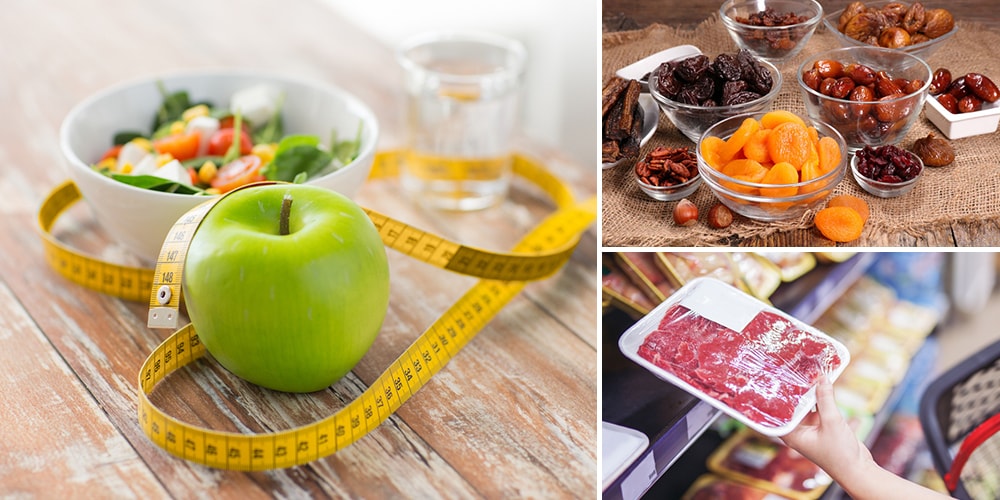
Healthy Foods that Actually Make You Gain Weight
Calories are the amount of energy released as the body digests and absorbs food. High-calorie foods provide the body with more energy. The excess of what your body can burn is stored as body fat. Proteins, fats and carbohydrates are some of the most important essential nutrients. But they are also high-calorie foods that can tip your scale if you do not watch your food intake.
Calories are not at all bad because they are essential for our sustenance. People who want to lose weight may want to be more careful with their calorie intake though. Even low-fat and fat-free diets contain calories that are stored as body fat.
Healthy Foods That Add to Weight
If you are trying to gain weight, you aim to get as many calories from healthy food. If you are trying to shed it off, here are some of the healthy foods to watch out for. These foods are essential for the body but they can also actually make you gain more weight.
Milk
Milk is an important source of nutrients for bone health. It provides calcium, protein and phosphorus for healthy bones and teeth. It also has Vitamin D which helps in proper calcium absorption. Drinking milk reduces the risk of bone-related diseases like osteoporosis later in life. For vegetarians, milk is a good protein source that is also affordable.
Being a source of protein and other nutrients, milk can cause weight gain. Athletes, bodybuilders and people wanting to gain weight turn to milk for its balanced weight gain formulation.
Plant-based milk can vary in terms of fat and calorie content depending on the specific type and brand. In general, plant-based milk tends to be lower in fat and calories compared to dairy milk.
Red Meats
Meat in your diet provides proteins, vitamins, minerals, and essential fatty acids, among others. These are essential for growth and development and for the proper distribution of iron throughout the body. Red meats, when consumed properly, help balance the thyroid function, support nervous functions and boost the immune system. The omega-3 fatty acids from meat are essential for brain and heart health.
Nutrients like creatine and leucine in meat increase muscle mass that builds muscle and enable weight gain. Balance your meal by incorporating plenty of vegetables alongside your red meat. This adds fiber, vitamins, and minerals to your plate while reducing the proportion of meat.
Despite its benefits, red meat is also hounded with negative issues. Processed ones are high in saturated fats which causes cholesterol buildup and affects the heart later on. Opt for grass-fed or organic options: If possible, choose grass-fed or organic red meat. Grass-fed beef tends to have a healthier fat profile, with higher omega-3 fatty acids and lower levels of saturated fat.
Rice
Rice is made of complex carbohydrates that provide energy. It is also a source of fiber, protein, vitamins and minerals. Brown rice, in particular, can protect the body against chronic diseases like diabetes and pancreatic cancer. It is gluten-free, making it viable for people with celiac disease.
The problem with rice, however, is its likelihood of increasing metabolic syndrome whenever it is overconsumed. Metabolic syndrome includes excess fat deposits often observed in the waist.
As a general guideline, the Dietary Guidelines for Americans suggest that grains, including rice, should make up about 25-30% of your total daily caloric intake. However, this recommendation is not specific to rice alone and includes other grain sources like bread, pasta, and quinoa.
Avocado
A number of healthy diets often include avocado as a nutrient-dense and heart-healthy fruit. Avocado contains an adequate amount of fiber that promotes regular bowel movement and ultimately improves digestive health. It is also eye-protective, brain-boosting and anti-aging.
Eating a small amount of avocado a day does not necessarily affect weight. But since the fruit is high in fat, it is also relatively high in calories. Substantial and regular consumption without considering the serving size may actually result in weight gain. The typical serving size for avocado is a quarter to about half of a medium sized fruit. This portion corresponds to approximately 50-80 grams or 1.7-2.8 ounces of avocado flesh.
The number of avocados you can consume per day depends on your total daily calorie intake and the distribution of calories from various food sources. If you are on a lower-calorie diet, it’s important to consider the calorie content of avocados and adjust your portion size accordingly.
Eggs
Eggs are chock-full of nutrients and are considered muscle-building foods. It is an excellent source of quality protein for muscle growth and tissue repair.
Whole eggs are fairly considered the ultimate weight-management food because of their low-calorie content. Eating an egg hardly affects weight. But if you eat more eggs than your calorie needs, the caloric surplus can only contribute to the increase in body mass.
Eggs are a good source of protein, healthy fats, vitamins, and minerals, but they also contain cholesterol. The recommended daily limit for dietary cholesterol is no more than 300 milligrams (mg) for most healthy individuals. A large egg contains approximately 186 mg of cholesterol, primarily found in the yolk.
Some people may tolerate and benefit from consuming more eggs, while others may need to limit their intake. It’s important to consider your individual needs and make choices that align with your overall health goals.
Whole Grains
Whole grain bread and cereals like oats, barley and wheat are also important sources of complex carbohydrates. Cereals have vitamins and minerals that are added during production. Whole grains are low in calories and high in fiber which helps in weight management. Compared to white bread, whole grain breads are also higher in protein.
It is recommended that at least half of the grains you consume should be whole grains. For most individuals, this amounts to around 3 to 6 servings of whole grains per day. If you are trying to lose weight, cutting out whole grains from the diet is dangerous. You can, however, limit your consumption to maintain a healthy weight.
Dried Fruits
Dried fruits contain the same nutrients as their fresh counterpart, only less messy and more convenient to take. They supply the body with vitamins, minerals, fiber and phytonutrients for the body’s overall health. Dried fruits contain antioxidants that are known for reducing risks of certain diseases like diabetes, heart disease and cancers.
But since dried fruits contain less water than fresh fruits, it has a relatively higher calorie content. If you are trying to lose weight, keep the serving portions small to avoid unnecessary weight gain. If you are trying to gain weight but have a small appetite, snacking on dried fruits makes an excellent option.
However, please note that it is still best to pair dried fruits with other nutrient-dense foods other than solely relying on them. You should also watch out for sugar, coloring and preservatives indicated on the package.
Starches
Starchy foods like legumes, grains, potatoes, sweet potatoes, squash and other root vegetables are rich sources of carbohydrates. They also contain glucose, which the body stores as glycogen, an important energy source. These starches are healthy not only as a fuel source but also in nourishing healthy gut flora.
However, starches as carbohydrates are naturally high in calories which can result in weight gain.
Some starchy foods have a higher glycemic index, meaning they can cause a rapid rise in blood sugar levels. If you have diabetes or need to manage your blood sugar, it’s advisable to choose starchy foods with lower glycemic impact and consider portion sizes.
Oily Fishes
Omega-3 fatty acids are essential fats that are needed in promoting heart and brain health. They regulate blood clotting and prevent inflammation of the arteries. Fatty acids are beneficial in preventing stroke, heart disease, cancer and other debilitating conditions. However, the body does not produce omega-3 fatty acids and the only way of getting them is by consuming oily fish, vegetable oils and nuts.
A weight loss diet usually includes omega-3 fatty acids for its ability to boost metabolism. Increased metabolic rate burns more calories that can aid in weight loss. However, like most healthy foods, excessive consumption can only result in the opposite. Since it is fat by itself, it is loaded with calories. When the body cannot effectively burn the caloric surplus, it eventually deposits it as body fat.
Nuts and Seeds
Nuts and seeds are touted as superfoods for their abundant antioxidants that help promote a healthy body. Almonds, walnuts, Brazil nuts, pistachio and sunflowers are just a few of the marketed healthy snacks. These nuts are rich in protein, fiber, vitamins, minerals and healthy or polyunsaturated fats.
Roasted seeds and nuts are handy snacks that can pack extra calories if you are not cautious of their serving size. A handful or two of them, depending on the type, can significantly add hundreds of calories to your daily intake.
Takeaway
Maintaining a weight plateau can be a difficult journey, whether you are trying to up your weight or toning it down. Food plays a great role in weight management, along with exercise and dedication. A proper diet can be challenging but it’s important to always keep it varied and consume food in moderation.
Healthy foods can be weight loss or weight gain friendly depending on your personal goals. The key is sticking to a highly nutritious and healthy diet and doing age-appropriate exercises. If you have specific dietary needs or health conditions, it’s advisable to consult with a registered dietitian or healthcare professional for personalized guidance.

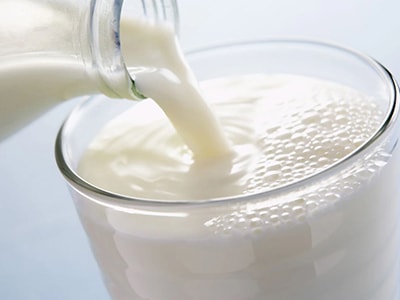

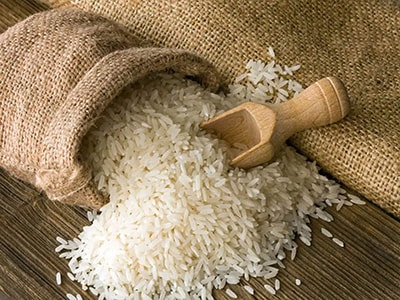
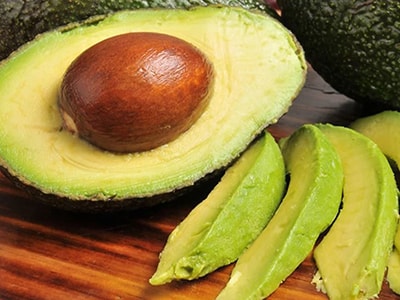
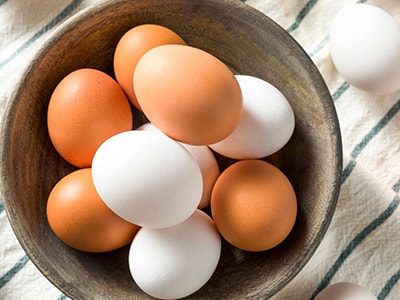
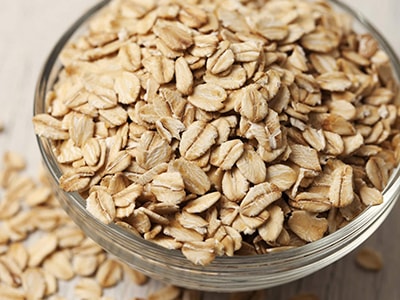
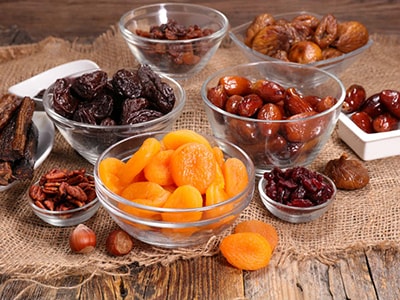
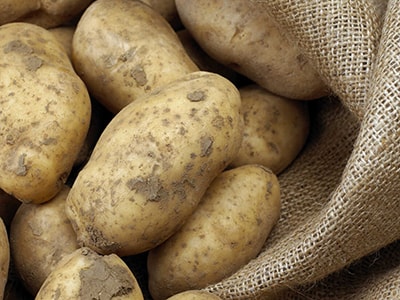
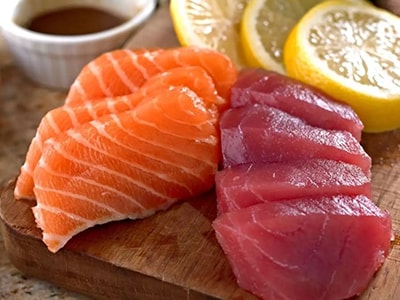
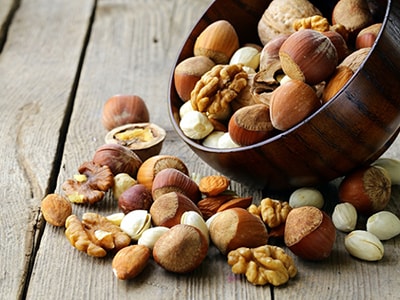
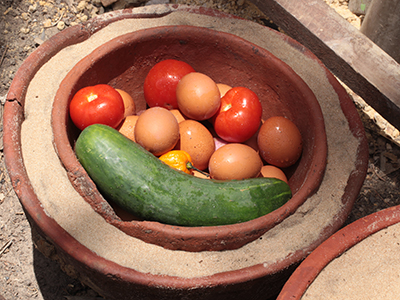

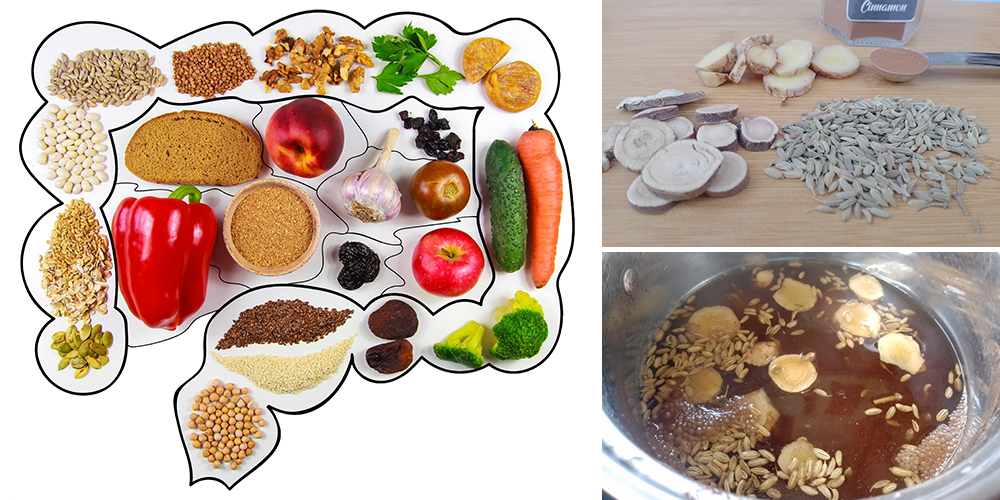

As a nutritionist, I’m sorry, but none of these will make you gain weight. You gain weight by intaking more calories than your body burns. The term “healthy” is subjective to the individual and is based on nutrient quality, quantity, the person’s health needs or any medical issues. All of these are great staples for a balanced diet! Even water is “healthy” until you have too much. In excess, everything is bad for your health. The title seems grossly inaccurate and misleading. The only way to lose weight is to consume nutrient dense food while burning more calories than you take in!
You are a nutritionist? Junk food and junk drinks make people put on weight.
Thank you, Nikki! Some things people posts are ridiculous. I completely agree that excessive amounts of calories make people gain weight. People need to stop overeating!
Hi Nikki,
Thank you so much for taking the time to share your feedback and valuable knowledge with all of us! We really appreciate it.
Many blessings and good health!
Milk is actually not a healthy food. Many years ago both researchers and doctors found out it can CAUSE and progress osteoporosis in our bones. Red Meat is not healthy either, since it can cause cardiovascular diseases, turn on cancer growth and more you don’t wish to develop. -Best regards, Laura
“All things in moderation” is what the Bible teaches. Words to live by. The problem is nowadays there are a LOT of ‘fad’ diets. Most recently I’ve been reading up on the #NSNG (No Sugar No Grains) diet. super keto? Processed foods in the US are not good for anyone period. Straight beef / meat diets can cause an overabundance of vitamin B12 which can make you tired. Too much honey can make you sick. A balanced diet, low in grains, high in protein with veg / fruit, along with healthy medicinal herbs for thyroid / hormone control and plenty of the RIGHT kind of exercise will do more for weight loss than anything. I’ve suffered weight issues my whole life. First I needed to find out why I wasn’t losing weight. Its a combo. Enter Medicinal Herbs. Then hormones…then diet … then exercise. This article is actually really good. Potatoes I cannot eat. Red meat.. in moderation. Pork? no way. Rice? no way. I make my own bread and grind my own flour. Processed food = death in a box/can/plastic wrapping 🙂 Extreme? maybe. But what is the price for feeling good?
I am a bit frustrated with this. I am on a low carbohydrate diet, I am nearly 66 and always lose weight on higher fat diet(kero style) always . From the many books I have read the whole low fat thing is incorrect and quite dangerous over a period of time. I am surprised that this information is included here to be honest, as everything else looks really interesting